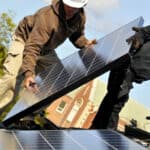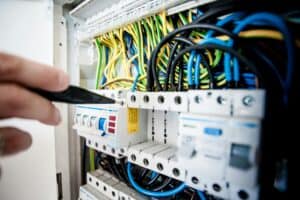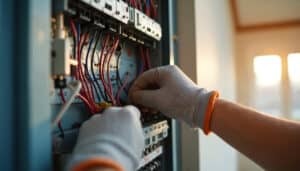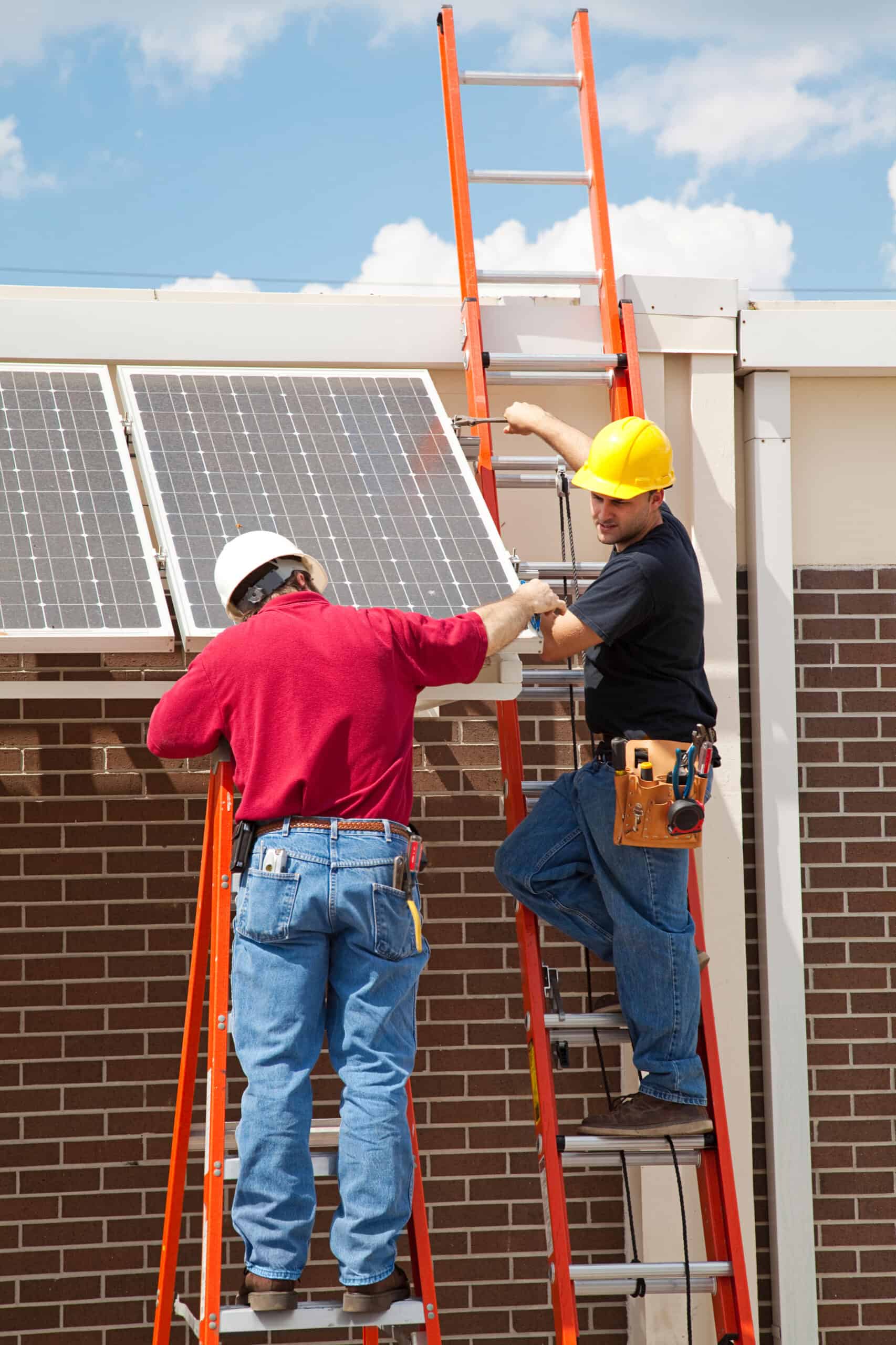
Renewable construction is at the forefront of the global initiative to create a sustainable future. Understanding the nuances of building sustainable energy solutions is critical as we navigate growing environmental concerns. In this FAQ article, we’ll delve into the complexities and benefits of renewable energy construction, focusing on how JMS is setting industry standards.
Table of Contents
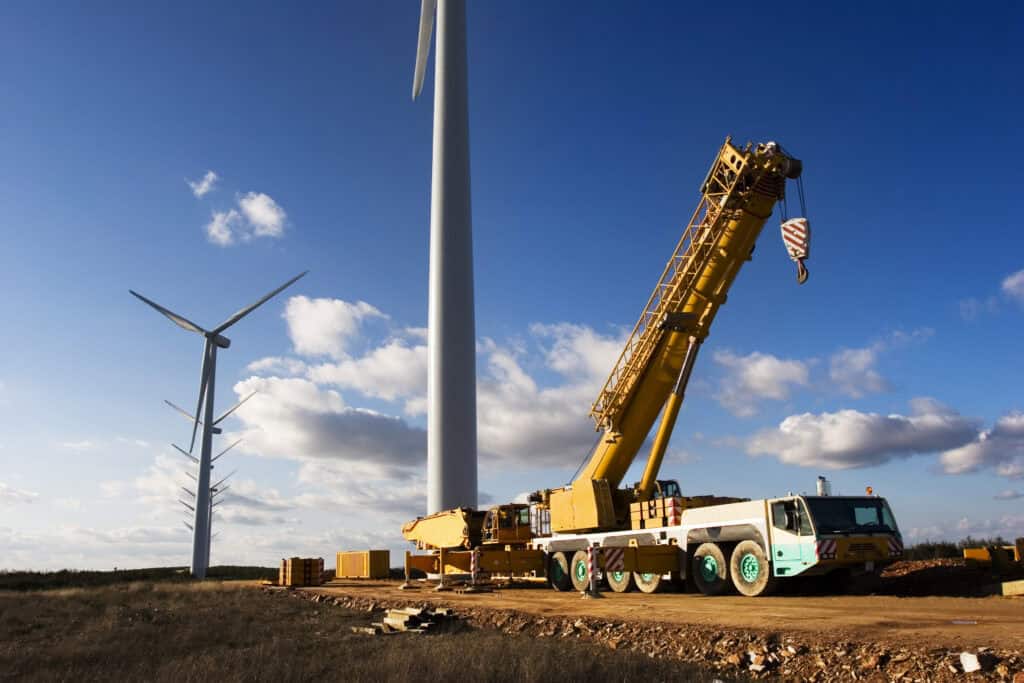
What is Renewable Construction?
Renewable energy construction refers to the planning, development, and erection of facilities that harness natural resources such as wind, solar, and water to generate energy. These projects aim to reduce dependency on fossil fuels, minimize carbon emissions, and promote environmental sustainability. They encompass various stages, including design, engineering, commissioning, and maintenance of infrastructure for solar panels, wind turbines, hydroelectric plants, and more.
What Makes JMS a Leader in Renewable Construction?
JMS excels in renewable energy construction by leveraging its innovative approaches, comprehensive services, and experienced personnel. They offer a wide array of solutions tailored to the unique needs of each client, from small-scale installations to large utility-grade projects.
Key Strengths of JMS:
- Holistic Approach: JMS provides end-to-end services, including consultation, engineering, procurement, construction, and commissioning.
- Cutting-edge Technology: Utilization of state-of-the-art technology ensures high efficiency and reliability.
- Custom Solutions: Tailored designs and plans are crafted to suit specific environmental conditions and energy requirements.
How Does the Process of Solar Energy Construction Differ from Other Types?
Solar energy construction specifically involves the installation of photovoltaic (PV) panels or solar thermal energy systems. The process typically includes site assessment, design, mounting system installation, panel installation, electrical setup, and a thorough system check.
Key Differences:
- Location and Site Assessment: Solar installations require optimal sun exposure, which influences site selection.
- Scale and Flexibility: Solar farms can range from small rooftop systems to expansive solar parks.
- Simultaneity and Scalability: Solar projects can often be completed in shorter timeframes and can be scaled in phases.
JMS utilizes its extensive experience in solar energy to optimize each stage of construction, ensuring efficiency and sustainability. They focus on customizing solutions based on unique site assessments to maximize energy capture.
What Are the Unique Challenges of Wind Energy Construction?
Wind energy construction poses distinctive challenges due to the size and scope of wind turbines, the complexity of logistics, and environmental considerations.
Challenges Include:
- Site Location: Identifying sites with consistent and adequate wind speeds while minimizing environmental impact.
- Turbine Erection: Involves complex logistics, as turbines are massive structures requiring specialized equipment and expertise.
- Grid Integration: Ensuring the smooth integration of produced energy into existing power grids.
JMS stands out by employing advanced logistics planning and innovative engineering solutions to overcome these challenges. Their commitment to minimal environmental disruption and efficient project timelines solidifies their leadership in the field.
What Role Does Technology Play in Renewable Construction?
Technology is pivotal in renewable energy construction, enhancing precision, efficiency, and sustainability.
Significant Technological Contributions:
- Advanced Analytics: Predictive modeling and resource assessment tools help in accurate site selection and planning.
- Innovative Materials and Techniques: Cutting-edge materials improve energy collection and durability.
- Automation and Monitoring: Real-time monitoring systems enhance operational efficiency and maintenance.
JMS integrates these technologies into their operations, ensuring projects not only meet but exceed industry standards in performance and reliability.
How Does JMS Ensure Sustainable Practices in Their Projects?
Sustainability is integral to JMS’s mission, as evidenced by their commitment to environmentally responsible practices.
Ensuring Sustainability:
- Eco-friendly Materials: Selection of materials with reduced environmental footprints.
- Energy-efficient Processes: Minimizing energy use throughout construction phases.
- Waste Reduction Programs: Implementing strategies to minimize waste and encourage recycling.
JMS focuses on sustainable methodologies in all construction phases, from initial planning to post-construction operations, ensuring a reduced carbon footprint.
What Are the Economic Impacts of Renewable Construction?
Renewable energy construction has significant economic benefits, including job creation, energy cost reduction, and economic diversification.
Economic Benefits:
- Job Creation: Offers employment opportunities in engineering, construction, and maintenance.
- Cost Efficiency: Reduces reliance on imported fuels, stabilizing and often reducing energy costs.
- Investment Opportunities: Promotes growth in green industries and investments in sustainable infrastructure.
JMS contributes to these economic benefits by executing projects efficiently, fostering local employment, and promoting renewable energy education and advocacy.
What Qualifications and Experience Does JMS Bring to the Table?
JMS’s team consists of experienced professionals in all aspects of renewable energy construction, from design to implementation. Their qualifications ensure they handle complex and large-scale projects effectively.
Qualifications and Experience:
- Skilled Workforce: Engineers, project managers, and technicians with extensive field experience.
- Proven Track Record: A portfolio of successful renewable energy projects of varying scales and scopes.
Their expertise guarantees that projects are completed to high standards, on time, and within budget, setting benchmarks in quality and operational excellence.
How Do Renewable Construction Projects Benefit Local Communities?
Renewable energy projects, spearheaded by companies like JMS, bring multiple benefits to local communities.
Community Benefits:
- Local Job Creation: Provides employment during construction and for ongoing operational roles.
- Improved Infrastructure: Development often leads to upgrades in local infrastructure and facilities.
- Energy Independence: Reduces local reliance on non-renewable energy sources, promoting self-sufficiency.
JMS is dedicated to engaging with community stakeholders, ensuring projects align with local needs and contribute positively to community development.
Why Choose JMS for Renewable Construction Projects?
JMS’s reputation for excellence, sustainability, and innovation makes them a preferred partner in renewable energy construction.
Reasons to Choose JMS:
- Comprehensive Expertise: Full-spectrum utility services from consultation through to maintenance.
- Commitment to Quality: Delivering projects on time, on budget, and to exceptional standards.
- Customer-Centric Approach: Building lasting partnerships through tailored solutions and transparency.
JMS not only meets but anticipates client needs, bringing visions of sustainable energy into reality with efficiency and reliability.
In conclusion, renewable energy construction is a vital component of the global energy landscape, and JMS Energy stands out as a leader in this field. Their advanced technological integration, sustainable practices, and commitment to quality make them an exemplary partner in the journey toward a sustainable future.


